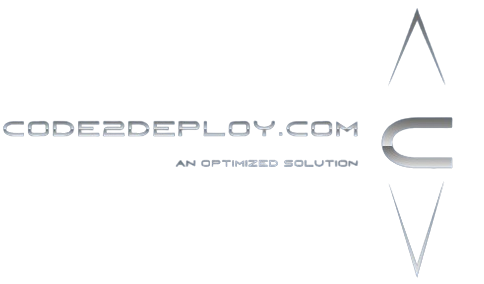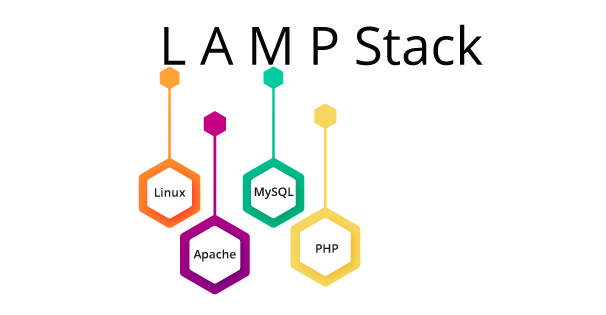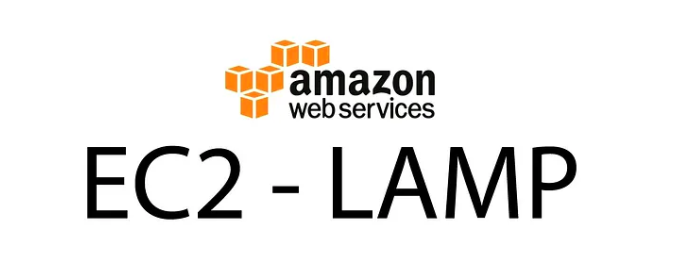In the ever-evolving landscape of web development, certain technologies stand the test of time, shaping the digital world as we know it. Among these stalwarts is the LAMP stack – an acronym that encapsulates a powerhouse combination of open-source technologies: Linux, Apache, MySQL, and PHP. Renowned for its robustness, flexibility, and cost-effectiveness, the LAMP stack has been instrumental in powering countless websites and applications across the globe.
Linux: The Foundation of Stability
At the core of the LAMP stack lies Linux, the open-source operating system renowned for its stability, security, and scalability. Linux provides the foundation upon which the entire stack operates, offering developers a reliable platform for building and deploying web applications.
Apache: Empowering Web Servers
Apache, the world’s most widely used web server software, seamlessly integrates into the LAMP stack, serving as its HTTP server component. With its modular architecture and extensive customization options, Apache empowers developers to efficiently deliver web content while ensuring high performance and reliability.
MySQL: The Backbone of Data Management
Central to the LAMP stack’s functionality is MySQL, a powerful relational database management system. MySQL enables developers to store, retrieve, and manipulate data with ease, facilitating dynamic content generation and robust application functionality. Its speed, scalability, and reliability make it the preferred choice for managing critical data within LAMP-based applications.
PHP: Fueling Dynamic Web Content
Completing the quartet is PHP, a server-side scripting language designed for web development. PHP seamlessly integrates with Apache and MySQL, allowing developers to create dynamic, interactive web pages and applications with ease. Its extensive libraries, frameworks, and community support make PHP a versatile tool for building everything from simple websites to complex web applications.
Laravel: The Modern PHP Framework
In addition to the tried and tested LAMP stack components, Laravel emerges as a modern PHP framework that takes web development to new heights. With its elegant syntax, expressive codebase, and comprehensive set of features, Laravel simplifies the development process, allowing developers to focus on building robust, scalable web applications.
Required Extensions, Composer, Build Tools, and More
To harness the full potential of the LAMP stack and Laravel, developers rely on a range of additional tools and extensions:
- Composer: A dependency manager for PHP that simplifies the process of managing project dependencies and libraries.
- Build Tools: Tools like Laravel Mix or Webpack help streamline asset compilation, allowing developers to efficiently manage CSS, JavaScript, and other assets.
- Required PHP Extensions: Laravel often requires specific PHP extensions such as OpenSSL, PDO, Mbstring, Tokenizer, XML, Ctype, and JSON. These extensions enhance PHP’s functionality and enable seamless integration with Laravel’s features.
- Database Tools: In addition to MySQL, developers may utilize database management tools like phpMyAdmin or MySQL Workbench for database administration tasks.
- Testing Frameworks: Laravel comes with built-in support for PHPUnit, a popular testing framework for PHP, enabling developers to write and execute tests to ensure the quality and reliability of their code.
Embracing the Future with LAMP and Laravel
By combining the reliability of the LAMP stack with the modern features of Laravel and leveraging a suite of essential tools and extensions, developers can create cutting-edge web applications that meet the demands of today’s digital landscape. Whether you’re building a simple website or a complex web application, the synergy between the LAMP stack and Laravel offers a powerful foundation for innovation and growth in web development.


